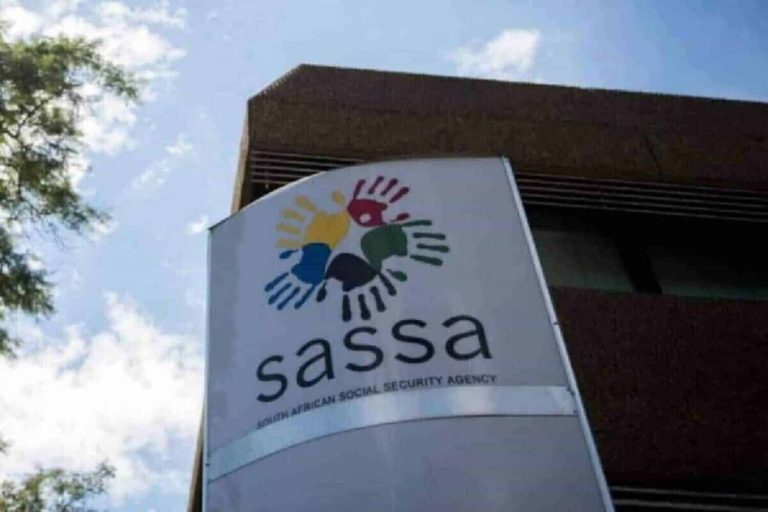The Independent Media and Policy Initiative (IMPI) has forecast that Nigeria’s inflation rate could drop to 17% by December 2025, as the country continues to experience a rare disinflationary trend one not seen in nearly a decade.
The projection follows the latest data from the National Bureau of Statistics (NBS), which shows that headline inflation fell to 20.12% in August, down from 21.88% in July, a significant monthly decline that has caught the attention of economic analysts.
In a statement released Wednesday, Omoniyi Akinsiju, Chairman of IMPI, said the data confirms a clear trend of disinflation a slowing down in the rate of price increases and urged the Central Bank of Nigeria (CBN) to adjust its monetary policy accordingly.
“This is not just a fluke. Empirically speaking, Nigeria is now in a disinflationary phase,” Akinsiju stated. “We’ve seen inflation decline from 24.5% in January to 20.12% in August a 17.5% drop within eight months. That’s the sharpest mid-year decline in over 10 years.”
Responding to criticism that falling inflation has yet to reflect in lower prices for everyday Nigerians, Akinsiju argued that the benefits of disinflation take time to filter into consumer pricing but should not be downplayed.
“Yes, prices remain high, but the pace at which they’re rising has slowed significantly. This is a foundational step toward stability,” he explained. “Critics may refuse to acknowledge the impact, but the numbers don’t lie.”
According to IMPI’s review of the last 10 years, only 2017 and 2018 experienced similar disinflationary periods. By contrast, the years 2020 to 2024 were marked by relentless price surges.
Key Drivers of Inflation Slowdown in 2025
The think tank identified three major factors responsible for Nigeria’s current inflation deceleration:
- Tight Monetary Policy
The CBN’s decision to maintain a high benchmark interest rate of 5% has helped reduce speculative activity in the foreign exchange market and slowed excessive credit growth. - Stable Exchange Rate
Increased forex inflows from oil exports, remittances, and non-oil sectors have helped stabilize the naira, limiting imported inflation. - Improved Agricultural Output
Better harvests and improved security in key food-producing regions have brought some relief to food prices — a major component of Nigeria’s inflation index.
With inflation trending downward, IMPI believes it’s time for the CBN to ease its restrictive monetary stance, beginning with a 50 basis point cut in the Monetary Policy Rate (MPR) at its next meeting and possibly a 200 basis point reduction by year-end.
“Lowering the MPR will reduce the cost of borrowing, encourage business expansion, and support job creation,” IMPI noted. “We also anticipate a review of the cash reserve ratio for banks, from 50% to 35%, which would free up liquidity for lending and investment.”
IMPI also pointed to an impressive rebound in Nigeria’s corporate sector. Companies that reported staggering losses following the Federal Government’s decision to float the naira in 2024 are now showing strong signs of recovery.
Seven major firms that posted a combined ₦418 billion loss in Q1 2024 collectively returned to profitability with ₦289.8 billion in pre-tax profit in Q1 2025. By Q2, the country’s top consumer goods companies posted a combined ₦264 billion profit underlining improved macroeconomic conditions.
“The sharp earnings reversal shows how stabilizing the currency and tightening internal controls can dramatically shift corporate performance,” IMPI stated. “This is why both local and international observers are beginning to recognize a new phase of economic stability in Nigeria.”



